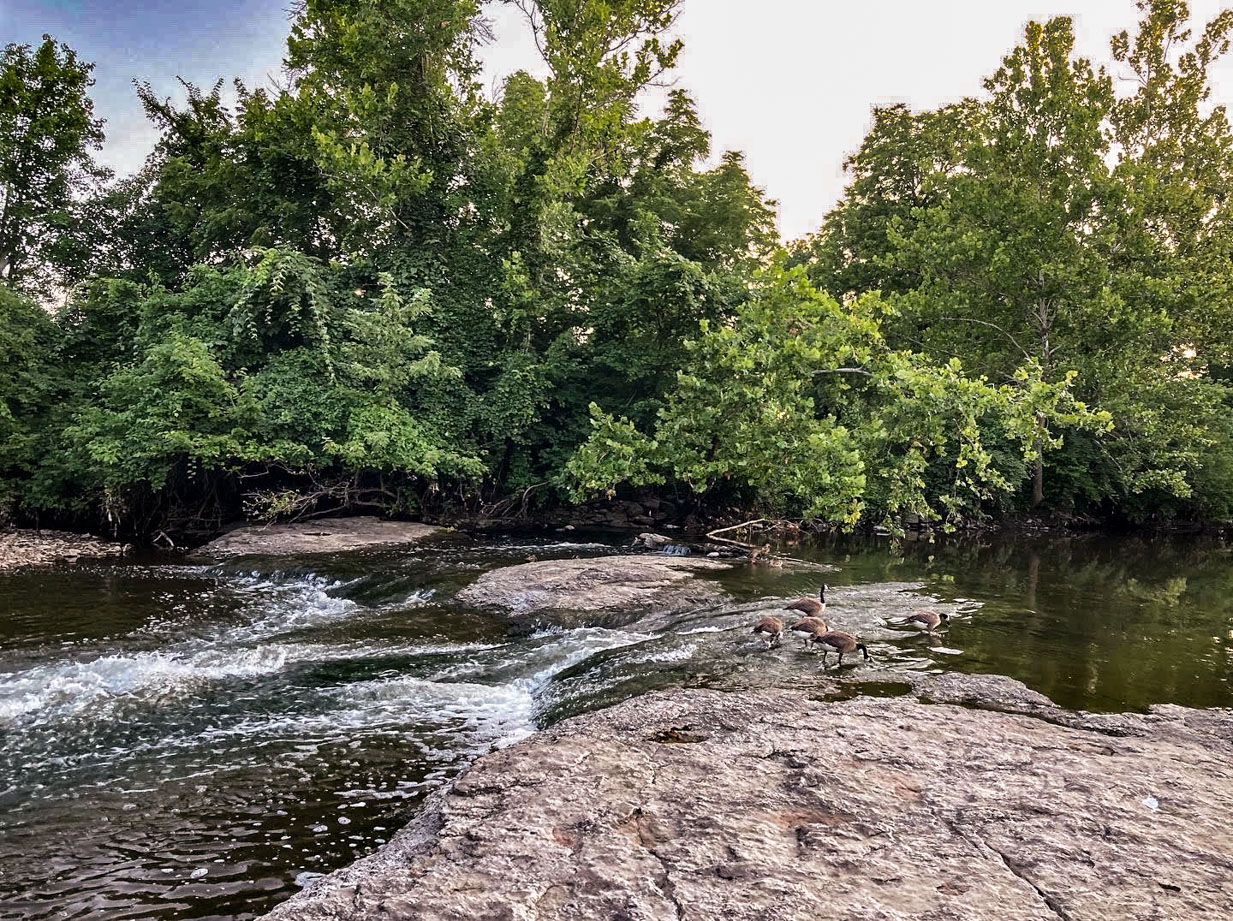

 ©Kris Gerbrandt
©Kris Gerbrandt
Chapter 6:1-15 (ESV) - After this Jesus went away to the other side of the Sea of Galilee, which is the Sea of Tiberias. And a large crowd was following him, because they saw the signs that he was doing on the sick. Jesus went up on the mountain, and there he sat down with his disciples. Now the Passover, the feast of the Jews, was at hand. Lifting up his eyes, then, and seeing that a large crowd was coming toward him, Jesus said to Philip, “Where are we to buy bread, so that these people may eat?” He said this to test him, for he himself knew what he would do. Philip answered him, “Two hundred denarii worth of bread would not be enough for each of them to get a little.” One of his disciples, Andrew, Simon Peter's brother, said to him, “There is a boy here who has five barley loaves and two fish, but what are they for so many?” Jesus said, “Have the people sit down.” Now there was much grass in the place. So the men sat down, about five thousand in number. Jesus then took the loaves, and when he had given thanks, he distributed them to those who were seated. So also the fish, as much as they wanted. And when they had eaten their fill, he told his disciples, “Gather up the leftover fragments, that nothing may be lost.” So they gathered them up and filled twelve baskets with fragments from the five barley loaves left by those who had eaten. When the people saw the sign that he had done, they said, “This is indeed the Prophet who is to come into the world!”
Perceiving then that they were about to come and take him by force to make him king, Jesus withdrew again to the mountain by himself.
Question to consider: Why did the crowd want to force Jesus to be king?
The last time and place reference given by John was when He went up to Jerusalem for an unnamed feast and healed a paralyzed man by the Sheep Gate at the pool of Bethesda. John described an argument Jesus had with the religious leaders for having the man carry his bed on the Sabbath. If the feast was Pentecost, then almost ten months would have passed before people would be on their way to Jerusalem for the next Passover feast.
Since Jesus spent most of His time in Capernaum at the northern tip of Galilee, we assume that John skipped over this chunk of time to get to the next “sign” that He performed to reveal Himself to be the Son of God. If we line this up with the other Gospel accounts, Jesus had been given the news that John the Baptist was put to death while He was healing the multitudes in Capernaum. He and the disciples were going to take a break from the crowd (presumably to grieve the loss of their friend). They took Peter’s boat across the top of the Sea of Galilee to Bethsaida and found a desolate place.
Their time of grief, however, was cut short because the crowds found them, and Jesus once again began to heal the sick and preach about the kingdom. Jesus knew that He was going to perform this sign of provision to the people, but He tested the disciples to reveal their lack of faith. This crowd was from among the Jews so just as God provided manna in the desert so Jesus would supply an abundance of bread and fish.
This sign pointed to Jesus as the bread of life, and the people referred to Him as “The Prophet” because unlike the disciples, they tied this miracle to Moses and assumed that Jesus was “The Prophet” whom Moses said would come. Since it was the time of the Passover, and they recognized who Jesus was, their assumption was that He needed to become king now. So they were ready to drag Him to Jerusalem.
Imagine if you believed that the Messiah had come and understood Him to be the one who would defeat their enemies. A king who could heal the wounded or raise fallen soldiers from the dead would be invincible. Add to that a king who could feed an army from a few loaves and fishes, and the crowd had seen enough. However, Jesus only did the will of the Father, and His time and His rule had not yet been appointed. I have to wonder if this was the first Passover in which Jesus did not go up to Jerusalem. In fact, the next time He entered Jerusalem would be His triumphal entry.
Dear heavenly Father, thank You for working everything out according to Your perfect will and in Your perfect time. Help us to remember this in our own life when we have the desire to force Your hand to bring about our will instead of Yours. May we trust in Your good time to bring about Your good and precious will. Amen.